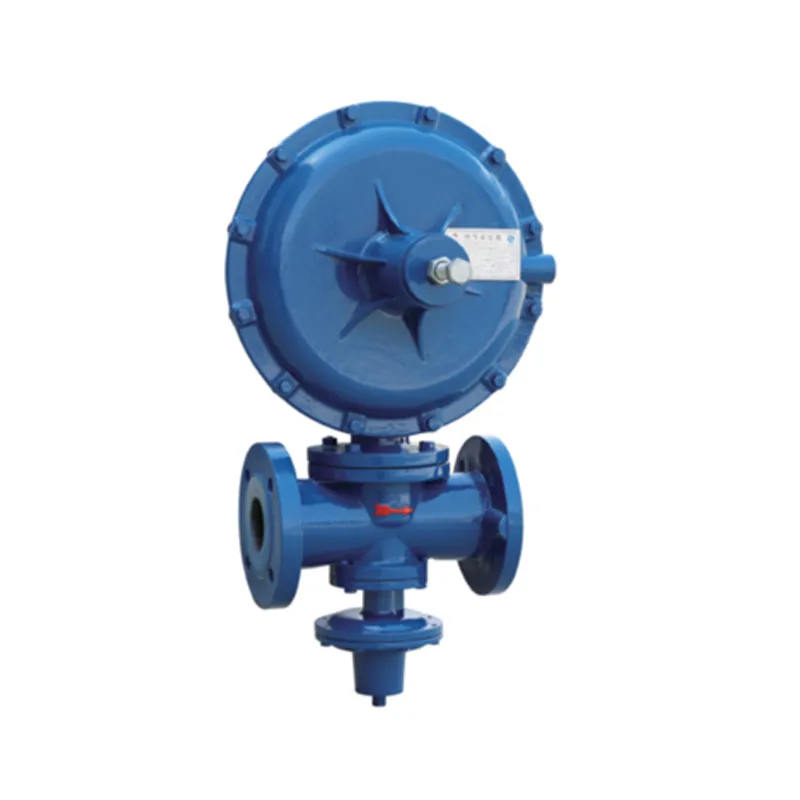
Nov . 22, 2024 03:50
Back to list
natural gas filter
The Importance of Natural Gas Filters in Modern Industry
Natural gas has become a crucial component in various industries, serving as a primary source of energy for power generation, heating, and even as a feedstock for the production of chemicals. As its utilization continues to grow, the importance of maintaining the purity and quality of natural gas cannot be overstated. One of the essential tools in ensuring this purity is the natural gas filter. In this article, we will explore the significance of natural gas filters, how they function, and their role in enhancing efficiency and safety in gas systems.
What are Natural Gas Filters?
Natural gas filters are mechanical devices designed to remove solid impurities, liquids, and contaminants from natural gas before it is transported through pipelines or used in industrial applications. These contaminants can include dirt, dust, water, hydrocarbons, and other unwanted materials that could compromise the effectiveness of gas delivery systems and equipment.
Types of Natural Gas Filters
Natural gas filters can be divided into several categories based on their design and the specific contaminants they target. Some of the most common types include
1. Coalescing Filters These filters are designed to remove water and other liquids from the gas stream. They operate by allowing gas to pass through a series of filter media that coalesce small droplets of liquid into larger ones, which then drain away.
2. Activated Carbon Filters Used primarily to remove volatile organic compounds (VOCs) and other trace impurities, these filters utilize activated carbon's high surface area to adsorb contaminants effectively.
3. High-Efficiency Particulate Air (HEPA) Filters While more common in air purification, HEPA filters can also be applied in natural gas systems, primarily in environments where high levels of particulate matter may be present.
natural gas filter

4. Mesh Filters Often used as pre-filters, these are simple devices made of fine mesh that capture larger particles and protect downstream components from damage.
How Natural Gas Filters Work
The operation of natural gas filters is largely dependent on the physical principles of filtration and separation. Gas enters the filter through an inlet, where it is initially pre-filtered to remove larger debris. As the gas passes through the filter media, various mechanisms such as straining, inertial separation, and electrostatic attraction capture smaller particles and contaminants.
The design of these filters is crucial; they are engineered to maximize flow while minimizing resistance. This is essential as pressure drops across the filter can lead to a loss of efficiency in the gas delivery system.
The Role of Natural Gas Filters in Efficiency and Safety
By removing impurities and contaminants, natural gas filters play a significant role in enhancing the efficiency of natural gas systems. Clean gas has better combustion properties, leading to increased energy output and reduced emissions. Filters also help in protecting sensitive equipment such as compressors, turbines, and burners by preventing damage caused by particulate matter and corrosive substances.
From a safety perspective, the presence of contaminants in natural gas can lead to hazardous situations. For example, water can cause condensation that may result in pipeline corrosion or even the formation of hydrates, which can block pipelines completely. Filters help mitigate these risks, ensuring a safer operational environment.
Conclusion
In conclusion, natural gas filters are an essential component of modern energy and industrial systems. By promoting the purity of natural gas, they enhance efficiency, protect equipment, and contribute to the overall safety of operations. As the demand for clean and reliable energy continues to rise, the role of natural gas filters will only become more significant. Investing in high-quality filtering solutions is not just an operational concern but a commitment to sustainability and safety in the energy sector. As technology advances, the development of more effective filtration systems will further revolutionize the way natural gas is processed and utilized, leading to a cleaner and more efficient energy future.
Next:
Latest news
-
Safety Valve Spring-Loaded Design Overpressure ProtectionNewsJul.25,2025
-
Precision Voltage Regulator AC5 Accuracy Grade PerformanceNewsJul.25,2025
-
Natural Gas Pressure Regulating Skid Industrial Pipeline ApplicationsNewsJul.25,2025
-
Natural Gas Filter Stainless Steel Mesh Element DesignNewsJul.25,2025
-
Gas Pressure Regulator Valve Direct-Acting Spring-Loaded DesignNewsJul.25,2025
-
Decompression Equipment Multi-Stage Heat Exchange System DesignNewsJul.25,2025

